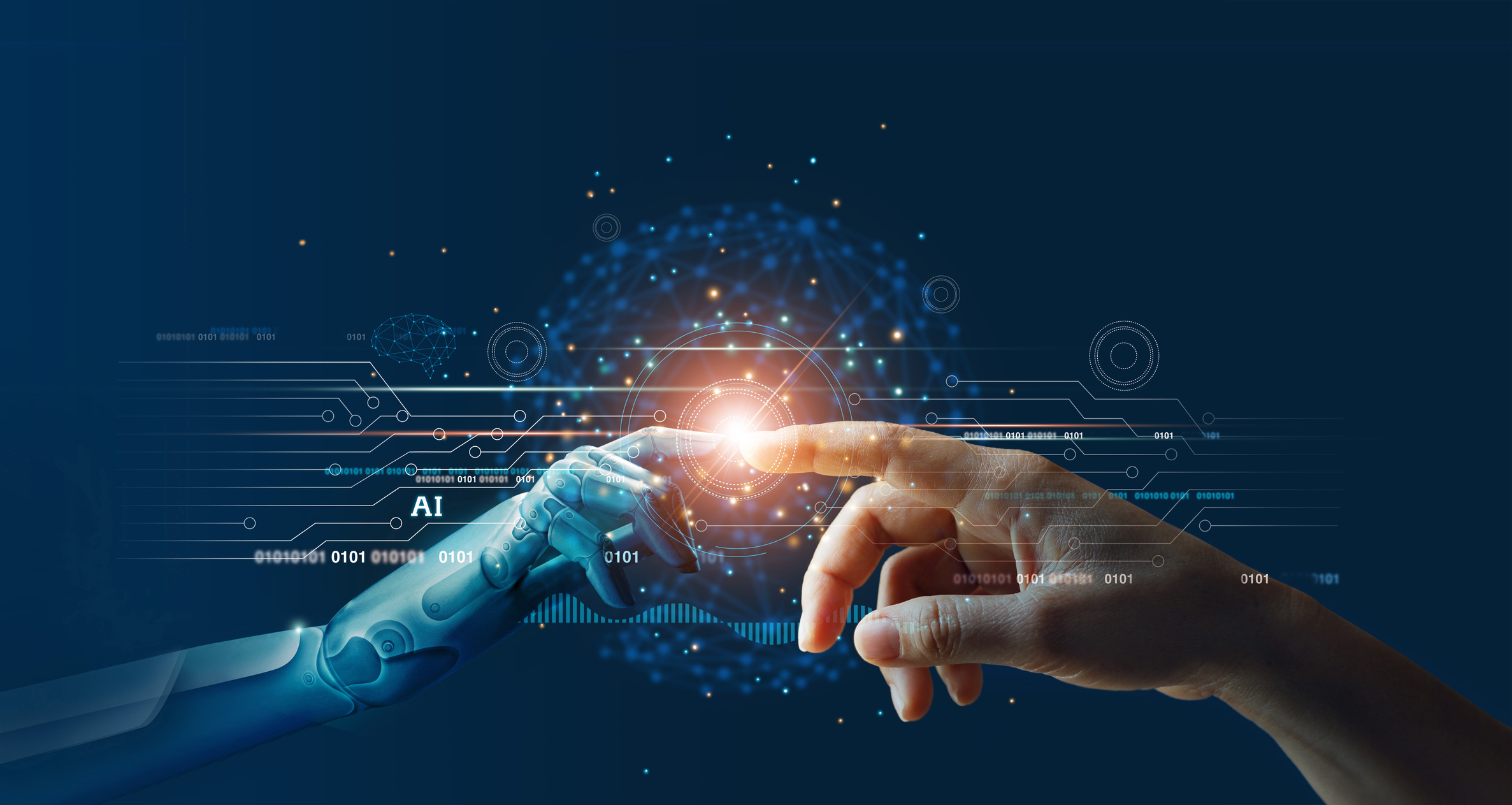Artificial intelligence (AI) has transformed translation, enabling swift and efficient communication across languages. However, this technological leap brings significant ethical challenges, particularly around cultural bias and the handling of minority dialects. This article delves into these controversies, exploring how AI translation systems often fail to accurately translate minority dialects, resulting in cultural misrepresentation and social exclusion.
AI translation systems, such as Google Translate and DeepL, harness machine learning to process vast amounts of text, delivering translations at unprecedented speed. These tools have democratized access to information, fueled international business, and bridged linguistic divides. Yet, their convenience masks underlying ethical concerns. Research suggests that AI translations can lack accuracy in high-stakes fields like law and medicine, where errors may lead to severe consequences. For instance, a 2018 incident saw a Japanese company lose a contract due to mistranslating “negotiations” as “compromise,” highlighting the real-world impact of such errors. Additionally, data privacy concerns arise, as users may not fully understand how their sensitive information is stored or shared.
Cultural bias stands out as a critical ethical issue in AI translation. These systems rely on extensive datasets, which often favor dominant languages like English, Spanish, and Mandarin, while minority dialects—such as African American Vernacular English (AAVE) or Maori dialects—are underrepresented. This bias leads to translations that are not only inaccurate but also culturally insensitive. For example, translating the Maori term “teina” (elder sibling) may strip away its cultural significance if the AI lacks sufficient data, producing literal or erroneous outputs. Such mistranslations can reinforce stereotypes or marginalize minority communities, exacerbating social inequalities.
The challenge of translating minority dialects stems from several technical limitations. First, less than 5% of the world’s 7,000–8,000 languages have significant digital representation, with minority dialects particularly scarce. Second, many AI systems use English as a pivot language, which can distort meanings when translating between non-English languages, especially those with unique grammatical structures. Furthermore, development teams often lack native speakers of minority dialects, resulting in systems that fail to capture their linguistic and cultural nuances. For instance, Kiswahili, spoken by 80 million people, suffers from poor AI translation quality due to limited digital data, while Native American languages with concepts like inalienable possession are frequently mistranslated.
The consequences of these biases extend beyond technical errors. Communities relying on minority dialects may be excluded from digital services, limiting their access to information and opportunities. Inaccurate translations can erode the cultural significance of minority languages, contributing to their marginalization. Moreover, the digital divide widens as speakers of dominant languages benefit from superior translation services, leaving minority dialect speakers behind, thus deepening social inequalities.
Hence, addressing these issues requires a multifaceted approach. Collaborating with native speakers and linguistic experts to incorporate more minority dialect data into training sets is essential for improving translation accuracy. Involving minority dialect speakers in system design and testing ensures cultural and linguistic nuances are respected. Establishing clear ethical guidelines that prioritize fairness and inclusivity is also critical. Continuous improvement through user feedback, particularly from minority communities, can help correct errors and enhance system performance. Finally, increasing transparency in AI translation processes and ensuring developer accountability fosters trust and fairness.
In conclusion, AI translation holds immense potential to bridge language barriers, but its cultural biases and struggles with minority dialects pose significant ethical challenges. By embracing diverse data, inclusive development, and transparent practices, the industry can create translation systems that honor linguistic diversity and promote social equity.
Need truly accurate and culturally sensitive translation, especially for nuanced dialects? Our expert human linguists deliver reliable solutions. Contact us today!











